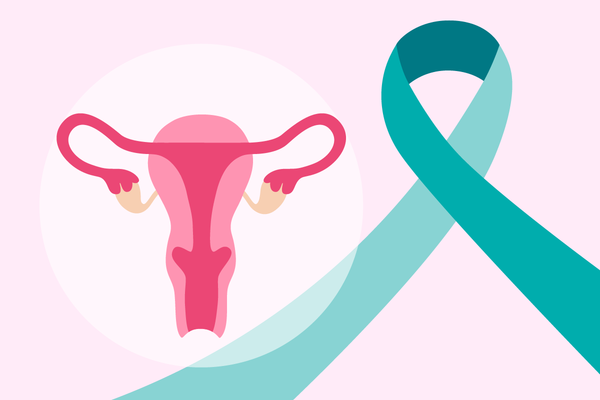Q: How often should I be screened for cervical cancer?
A:
Both the American Cancer Society (ACS) and the U.S. Preventive Services Task Force (USPSTF) have changed their screening guidelines, so most women now need screening every three to five years.
The current guidelines, which went into effect in March 2012, are:
- Women younger than age 21 do not need Pap tests, because human papillomavirus (HPV) infections and abnormal changes in women younger than age 21 usually go away on their own.
- Women ages 21 to 29 should get a Pap test every three years. This replaces the previous guideline that women get tested annually. This is meant to increase benefits and reduce harm. When Pap tests are done annually, abnormal changes may be found that often go away on their own. If you have an abnormal Pap test result, you may be called in immediately for additional testing or for follow-up sooner than three years. HPV testing is not recommended for routine screening of women in this age group, because most women will have HPV in their 20s that will go away on its own.
- Women ages 30 to 65 now have the option of getting screened every five years with a combination of a Pap test and a test for the human papillomavirus (HPV), called co-testing. The American Cancer Society prefers this method for screening women 30 and older. The HPV test screens for HPV, the skin cell virus that causes abnormal cell changes in the cervix. Infection with HPV is the most significant risk factor for cervical cancer, especially infection with HPV 16 and 18—the two highest-risk strains of the virus. Women ages 30 to 65 also have the option of continuing to be screened every three years with the Pap test alone.
- Women older than age 65 can stop having getting cervical cancer screening if:
- they've had at least three normal Pap tests in a row; or
- they've had two normal results from two tests that combined the Pap test and HPV test over the past 10 years, with the most recent test having been within the past five years.
- Women who have had a hysterectomy and no longer have a cervix can stop getting cervical cancer screening if they do not have a history of precancer or cancer of the cervix
More Information:
- Stay Healthy With Pap and HPV Tests
- Why Do I Need a Pap Test and an HPV Test?
- HPV Myths Debunked
- Questions to Ask Your Health Care Provider About HPV
From Your Site Articles
- HPV, Cervical Cancer and Cervical Cancer Screening: What Do You Need to Know? ›
- Cervical Cancer Screening Can Save Your Life ›
- New American Cancer Society Cervical Cancer Screening Guidelines: Statement from HealthyWomen CEO Beth Battaglino, RN-C ›
- A Conversation About HPV & Cervical Cancer Screening ›
- Cervical Cancer Screening Is Essential, but Access to Good Treatment Can Be the Difference Between Life and Death ›
Related Articles Around the Web





